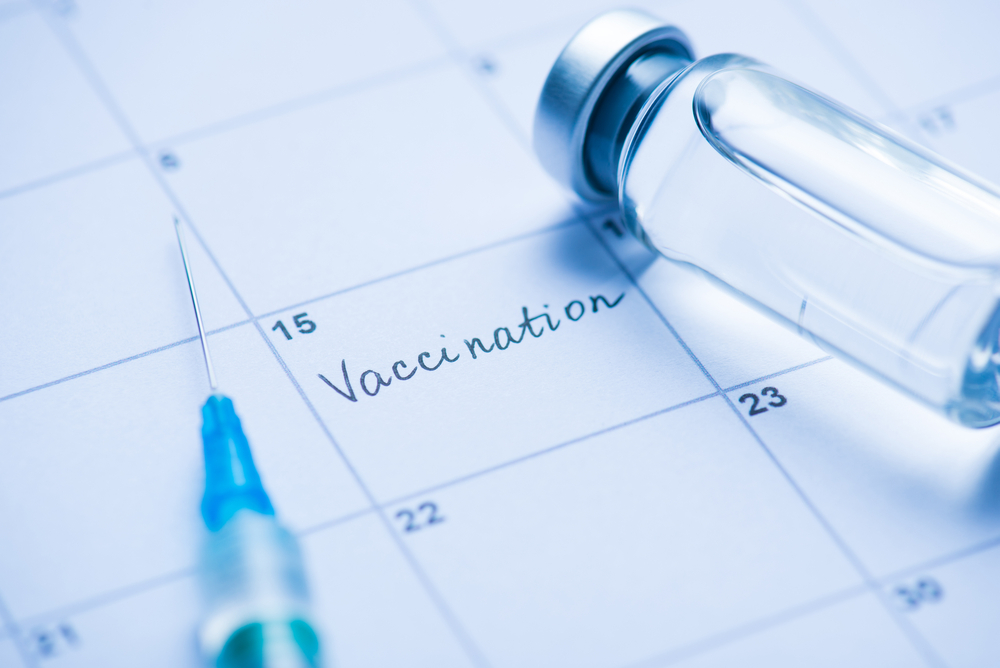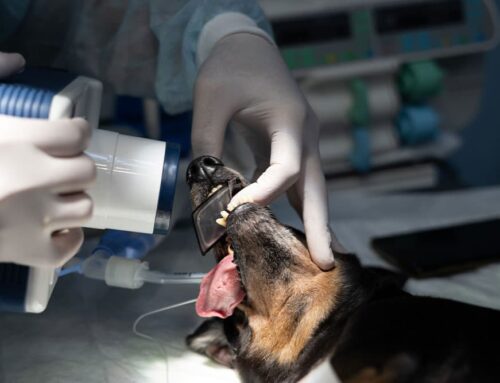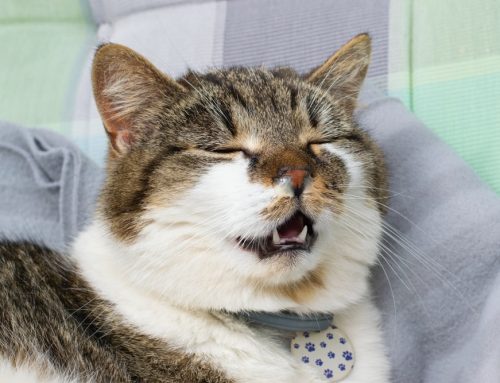A new kitten can bring you great joy and laughter with their feisty antics, but like other pets, kittens require special care in their formative years. Kittens are vulnerable to various diseases, so owners must understand what vaccines they need and when. Our South Shores Pet Clinic team explains the vaccines every kitten requires to ensure a healthy start to their life.
Core vaccines for kittens
Core vaccines are those recommended for all pets for protection against serious, transmissible diseases that could be fatal. Core vaccines required for kittens include:
- Feline calicivirus (FCV) — FCV is a highly contagious virus of the Caliciviridae family that causes upper respiratory infections in cats. Clinical signs include conjunctivitis, fever, sneezing, nasal discharge, mouth ulcers, and sometimes pneumonia. Vaccination against FCV is vital to prevent spread and minimize its impact on your kitten’s health.
- Feline herpesvirus (FHV) — Also known as feline viral rhinotracheitis, FHV is another common cause of respiratory infections in cats. This viral infection causes ocular (i.e., eye) and respiratory diseases and can lead to severe health conditions, including fever, nasal discharge, eye inflammation, lethargy, poor appetite, dermatitis, upper respiratory tract infection, lesions, and enlarged lymph nodes. Vaccination protects kittens from contracting and spreading FHV.
- Feline panleukopenia virus (FPV) — Often referred to as feline distemper, FPV is a highly contagious and potentially fatal disease that attacks rapidly growing and dividing cells, such as those in the lymph nodes, bone marrow, and intestines. Clinical signs include vomiting, diarrhea, fever, and dehydration. Vaccination is crucial to prevent FPV from spreading and to protect kittens from the virus’ devastating effects.
- Feline leukemia virus (FeLV) – FeLV is a viral infection that weakens the immune system and can lead to various health problems, including anemia, lymphoma, and immunodeficiency. Kittens who live in multi-cat households or spend time outdoors are at greater risk, but all kittens should receive the FeLV vaccine.
- Rabies virus — Rabies is a deadly viral infection commonly transmitted to pets when an open wound is exposed to the saliva of an infected animal. Skunks, raccoons, coyotes, foxes, and bats are the most common rabies carriers in the United States. Rabies vaccine is required by law in most states, because of its virulence and because the fatal disease can be transmitted to people.
Non-core vaccines for kittens
Non-core vaccines are based on your pet’s lifestyle, the number of household cats, and other risks of exposure to specific pathogens. Your South Shores Pet Clinic veterinarian can work with you to determine the correct vaccine program for your kitten. The following are non-core vaccines for cats:
- Feline immunodeficiency virus (FIV) — FIV is similar to HIV in humans and can weaken a cat’s immune system, making them more susceptible to infections. Vaccination against FIV is typically reserved for cats at high risk of exposure, such as outdoor cats or those living with FIV-positive cats.
- Chlamydia felis — This can cause conjunctivitis, eye disease, and upper respiratory infections in kittens and adult cats. The vaccination can help control the bacterium’s spread in multiple cat environments where disease occurrence has been verified.
- Bordetella bronchiseptica (i.e. kennel cough) — Most commonly seen in dogs, the highly prevalent bacteria causes upper respiratory infections with sneezing, eye and nose discharge, and sometimes a cough. Cats can be infected through contact with infected pets’ nasal and oral secretions. Kennel cough thrives in cats densely housed in shelters and multiple-cat households.
Vaccination schedule for your kitten

Kittens should receive their initial vaccinations at around 6 to 8 weeks of age, with boosters every three to four weeks until they are about 16 weeks old. After the initial series, cats require regular booster shots to maintain disease immunity. Your veterinarian will advise you about your kitten’s necessary vaccination schedule during their first wellness exam.
Vaccinating your kitten is one of your most important decisions as a pet owner. Vaccines safeguard your kitten’s health and wellbeing, ensuring their protection against the many threatening infectious diseases. Plus, vaccines protect not only your feline friend but also the general cat population’s health by stopping the spread of diseases. Schedule an appointment with South Shores Pet Clinic, so we can develop a customized vaccination schedule tailored for your kitten.







Leave A Comment